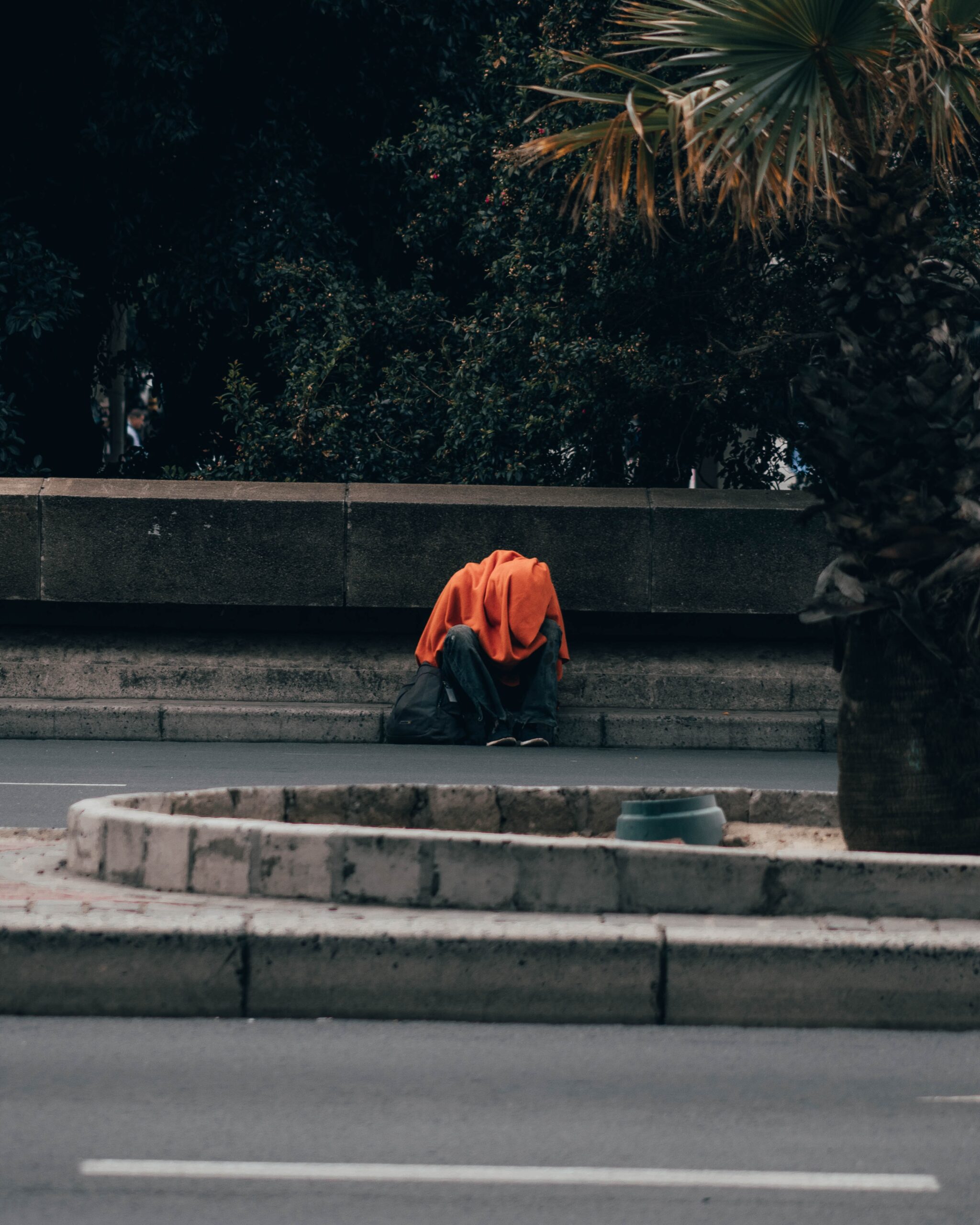Last week eleven people experiencing homlessness launched applications in both the Western Cape High Court and the Equality Court (South Africa) challenging the constitutionality and discriminatory impact of two of the City of Cape Town’s municipal by-laws, namely the By-law relating to Streets, Public Places and the Prevention of Noise Nuisances (2007) and the Integrated Waste Management By-law (2009). The applicants are represented by Ndifuna Ukwazi Law Centre in both applications.
These by-laws criminalise homelessness by making it a crime for persons living on the street to conduct ordinary life-sustaining activities, like sleeping, camping, resting, bathing, erecting a shelter or keeping personal belongings in public. The by-laws also make it a crime to “beg”, lie down, sit or even stand in a public place. The City has labelled these activities “anti-social behaviour” and has used these by-laws to issue fines of up to R2 000 against homeless people for unavoidable conduct. Everyday, these by-laws are used by the City’s law enforcement officers to threaten, harass, arrest and, in some instances, forcefully displace homeless people, as well as confiscate what little possessions homeless people own.
Making it a crime and issuing fines for people to perform ordinary life-sustaining activities is a cruel, inhumane and punitive response to a chronic socio-economic problem. The City’s failure to address a major affordable housing shortage and an inadequate supply of shelter beds means that homelessness, for many, is not a choice. According to the expert evidence of U-turn, a faith-based non-profit organisation offering skills development assistance to homeless people, there are approximately 14 357 people living on the streets of Cape Town, but only 2 473 beds in the City’s shelters. In other words, there are five times more people struggling with homelessness than there are shelter beds. And as the economic impact of the COVID-19 pandemic drives more people into homelessness, this disjuncture is only set to get worse.
In addition to being unfair and inhumane, treating those struggling with homelessnes like criminals doesn’t address the root causes of homelessness, such as poverty, inadequate affordable housing, a lack of state assistance, mental health issues, substance-abuse, and discrimination. The City’s emphasis on law enforcement and punitive measures to deal with homelessness is also expensive and diverts money away from implementing more effective solutions. According to U-turn, the City spends R744 million a year on people experiencing homelessness – with the City spending a whopping R345 million (or 45%) on enforcement and punitive measures and only R122 million (or 16%) on social development activities. People living on the streets are already vulnerable, but these by-laws exacerbate their vulnerability to systemic disadvantage.
The case highlights how the City’s by-laws discriminate against homeless people and violate their constitutional rights. The by-laws demonstrate a failure to break from discriminatory colonial and apartheid laws stretching back to 1760 that were used to dispossess Black and Coloured people of their rights to land and forcibly remove them from well-located urban areas. The similarities between the by-laws and colonial and apartheid pass control laws that strictly regulated the freedom of movement of Black and Coloured people in urban areas are striking and disturbing. At core, the applicants are challenging the by-laws on the basis that they discriminate against homeless people by treating people like criminals purely for being without a shelter. With the support of expert evidence, the case shows that the City’s continued enforcement of the by-laws has a devastating physical and psychological impact on people without shelter.
The applicants’ challenge against the unjust by-laws consists of two applications. First, the application in the High Court challenges the constitutionality of these by-laws on the grounds that they infringe on homeless people’s fundamental human rights, including the rights to equality, human dignity, freedom and security of the person, privacy, freedom of movement and residence, and property.
Second, the application in the Equality Court asks the court for an order declaring that the by-laws unfairly discriminate against homeless people. The application also asks for the court to order the City to pay damages to each of the eleven applicants, conduct a comprehensive audit of City policies to remove the harmful prejudice against homeless people, and interdict the City from fining homeless people in the future.
#HousingNotHandcuffs
Contact:
- Jonty Cogger, Ndifuna Ukwazi Attorney: Jonty@nu.org.za / 083 442 2136
- Carin Gelderbloem, First Applicant: 066 529 9925
- Daniellé Louw, Ndifuna Ukwazi Attorney: Danielle@nu.org.za / 072 957 9711
Issued by NDIFUNA UKWAZI


